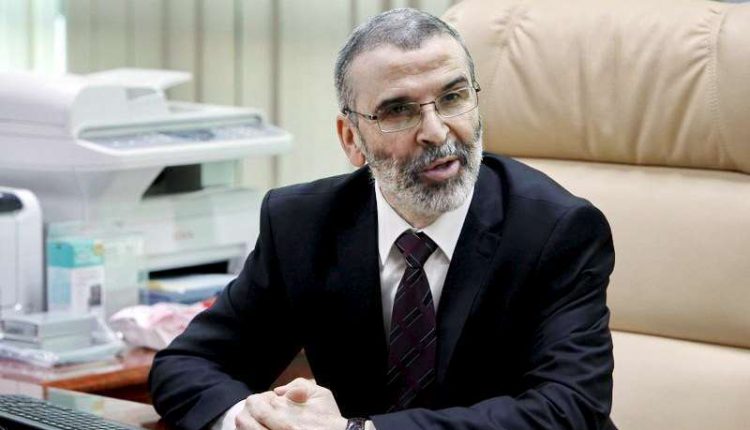Sanalla: Foreign countries impeding lifting oil blockade in Libya

Mustafa Sanalla, chairman of the National Oil Company, told the Financial Times that “some regional countries are complicating the negotiations while enjoying the absence of Libyan oil from the market”.
Sanalla, who is spearheading an initiative to lift the embargo imposed by forces loyal to Gen Haftar in January, declined to name the countries. But he appeared to be referring to the United Arab Emirates and Saudi Arabia, both supporters of the renegade commander.
“It’s very clear who is controlling Libya now. It is from outside and this decision about oil is about who is controlling [the country], not the Libyan side,” Sanalla said.
Even if the initiative to resume production succeeds, Sanalla said it would take months and hundreds of millions of dollars for Libya, an Opec member, to get back to full production because of the damage done to oil facilities.
“We have a disaster — technical problems everywhere, the collapse of oil tanks. Yesterday we had a big leak in an offshore exploration line,” he said. “We can’t tell the size of the disaster until our staff can make a full inspection.”
The oil facilities have long been vulnerable to attack and used as pawns, as rival Libyan factions have divided the country into fiefdoms — the embargo has cost the country more than $6.4bn in lost revenue, according to the NOC.
Under Sanalla’s initiative, the Libyan parties and their foreign backers would agree that oil revenue would be frozen for a set period in the NOC’s account rather than transferred to the Libyan central bank.
The bank has faced mounting criticisms from all factions over a lack of transparency, concerns about corruption and the inequitable use of petrodollars.
The US and the UN would then oversee negotiations between the rival Libyan groups and their foreign backers to negotiate a “very transparent financial arrangement including how the money is spent,” as well as reforming the more than 20,000-strong Petroleum Facilities Guard, which is made up of militiamen and tribal fighters.
Talks on the initiative are being overseen by the US and the UN, and involve the UN-backed government, Gen Haftar’s representatives, France — which has been a supporter of the commander — the UAE and Egypt, which also backs the Libyan strongman.
Despite relative calm in recent weeks, diplomats fear all sides are mobilising for the next phase of the conflict and Mr Sanalla is desperate that oil facilities, particularly in the east, do not become targets.
“The longer the delay the more time this gives for warring sides to prepare for a new battle. We have to do what we can to avoid a new battle on our facilities,” he said.
“Our sole aim is to resume production as soon as possible — it’s our duty to safeguard the wealth of Libyan people.” Sanalla added.
How to submit an Op-Ed: Libyan Express accepts opinion articles on a wide range of topics. Submissions may be sent to oped@libyanexpress.com. Please include ‘Op-Ed’ in the subject line.
- Haftar to fly to the US with family, pretending it’s a Libyan official visit - September 13, 2021
- Haftar hires ex-Clinton aide, ex-Republican leader to lobby Washington for Libya elections’ run - September 09, 2021
- Al-Saadi Gaddafi, late dictator’s son, released from Libyan prison - September 06, 2021


